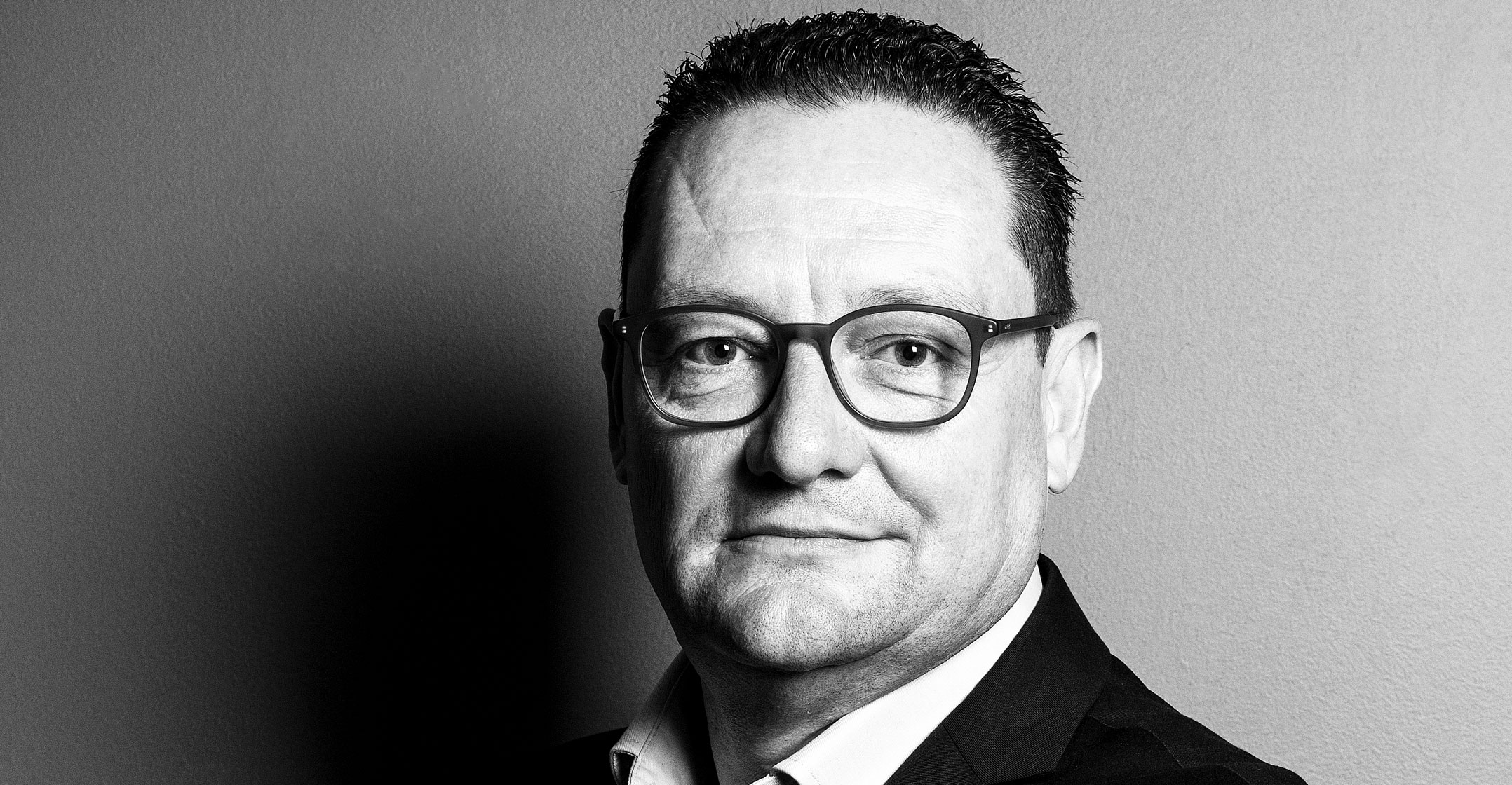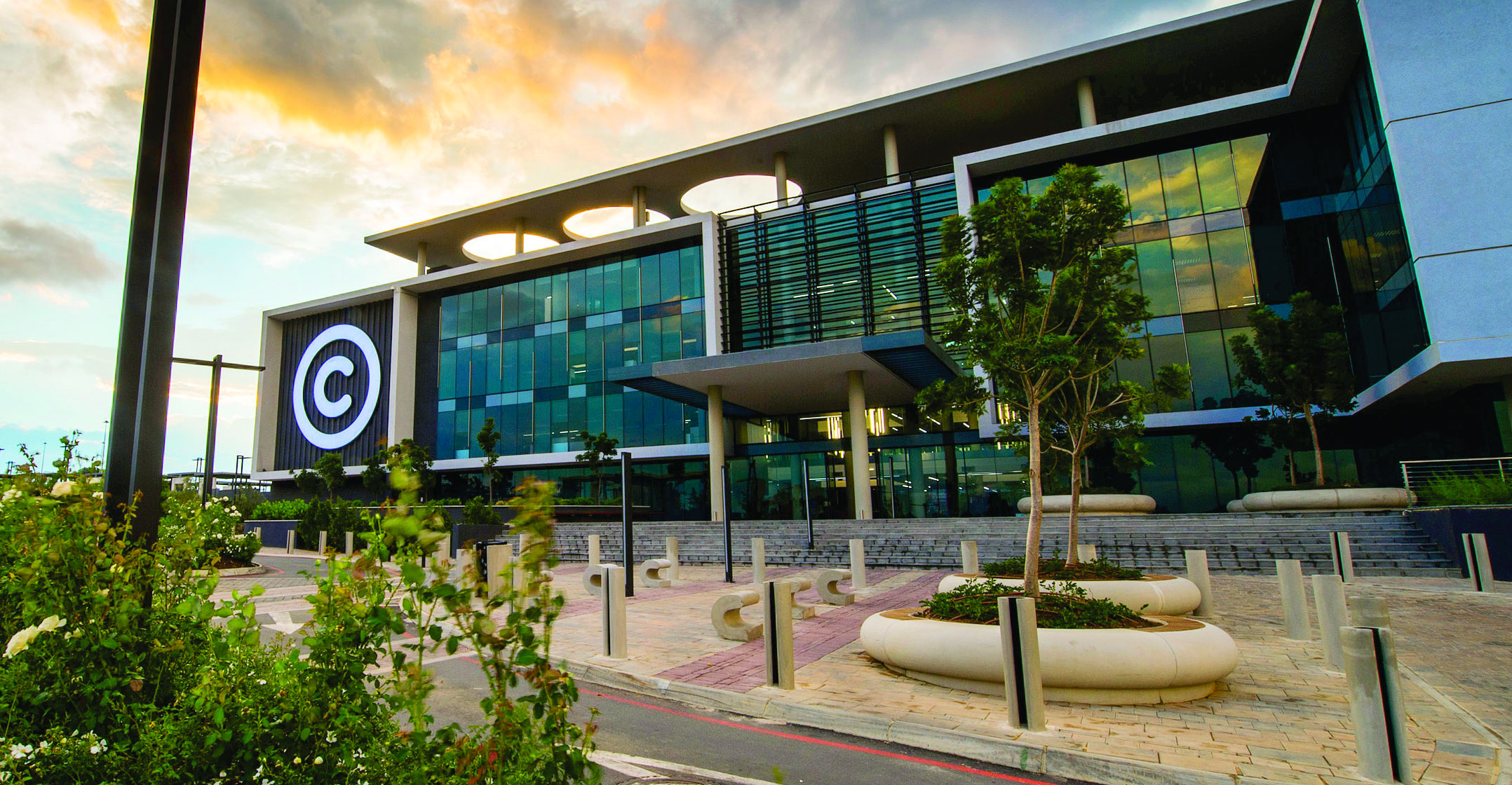
Cell C’s decision to exit the network infrastructure business appears to be bearing fruit, with its its interim financial results for the six months to end-June showing it turned in profit before tax of R148-million.
Other key metrics from the company’s first half include:
- Earnings before interest and tax of R736-million;
- Operating expenditure of R1.7-billion, a decline of 25%;
- Gross margin down by 15% and overall direct expenses up slightly to R3.6-billion (R3.5-billion a year ago);
- Operating expenditure of R1.7-billion (R2.2-billion before) due to a reduction in network expenses and administration costs; and
- An expansion of the prepaid user base from 8.4 million to 9.6 million – total subscribers are now “close to” 13 million, from 11.7 million a year ago.
Revenue for the period fell by 5% to R6.6-billion (2020 first half: R6.9-billion), with the largest part of the revenue contribution from Cell C’s prepaid base at R3-billion (R3.1-billion). Post-paid revenue fell by by 25% to R563-million (R754-million).
“Cell C’s interim results for the six-month period to June 2021 highlight continued improvements in profitability and operational efficiency as the fit-for-purpose entity implements its new operating model, network strategy and attracts new customers through innovation in products and services,” the company said in a statement.
However, Cell C’s balance sheet continues to be burdened by unsustainable levels of debt. There’s no news yet on a planned recapitalisation, with the company saying only that “steady progress is being made”.
On 26 August, Cell C’s largest shareholder, JSE-listed Blue Label Telecoms, said its wholly owned subsidiary The Prepaid Company – the entity that holds the Cell C stake – had concluded a term sheet for an airtime purchase transaction with Investec, Rand Merchant Bank and other financiers for the recap. It published a renewed cautionary notice on 11 October to say those discussions were still on track.
“A recapitalisation is the final pillar in Cell C’s turnaround strategy and will provide momentum to effectively manage the transition, focus on profitable revenue growth and the overall simplification of the cost base, putting Cell C on the path to long-term sustainability,” said Cell C CEO Douglas Craigie Stevenson in Wednesday’s statement.
Impairment
Cell C said its R148-million in profit before tax is a turnaround in profitability from a R7.6-billion loss before. Earnings before interest and tax increased to R736-million (R5.3-billion loss).
“This is mainly due to the significant impairment of network assets in the previous financial year and operational expenditure savings in this reporting period. Last year, Cell C had an impairment of R5-billion as the company evolves to become a buyer of infrastructure services and decommissions its own physical infrastructure by 2023.”
“Our financial performance has improved, and we are making good progress on the three-year transition to a virtual radio access network, the implementation of our new business model and the introduction of new products to market,” Craigie Stevenson said.
“We have successfully migrated 40% of the network, with access to 7 500 towers, of which 95% are 4G/LTE enabled. Four provinces are now fully migrated: the Eastern Cape, the Free State, the Northern Cape and Limpopo. We will continue to add new sites which will reduce our network deficit. In two years, we will have access to more than 12 500 sites across the country improving the quality and coverage of our network,” he said.
 “This has enabled us to get back into the broadband market, reconsider the mix of products we offer and sustain our average revenue per user at R66 year-on-year while growing the prepaid customer base by 15% to 9.6 million…”
“This has enabled us to get back into the broadband market, reconsider the mix of products we offer and sustain our average revenue per user at R66 year-on-year while growing the prepaid customer base by 15% to 9.6 million…”
During the period, Cell C concluded a deal with Blue Label’s Comm Equipment Company and Vodacom to manage 1.6 million post-paid and contract broadband customers.
“Underlying this decision was the opportunity to move away from heavily subsidised devices, which Cell C could not get a return on due to its network shortfall,” Craigie Stevenson said. “Going forward, as the network quality continues to improve, the company will offer products based on customer need rather than driven by the device subsidy.”
He added: “These interim results highlight that Cell C is a stronger business, is generating cash and is more competitive in the market. We are championing value and bridging the digital divide by making internet access affordable for all, while doing what’s best for the customer. That’s why our customers are staying with us, and we are attracting new ones.” — © 2021 NewsCentral Media




